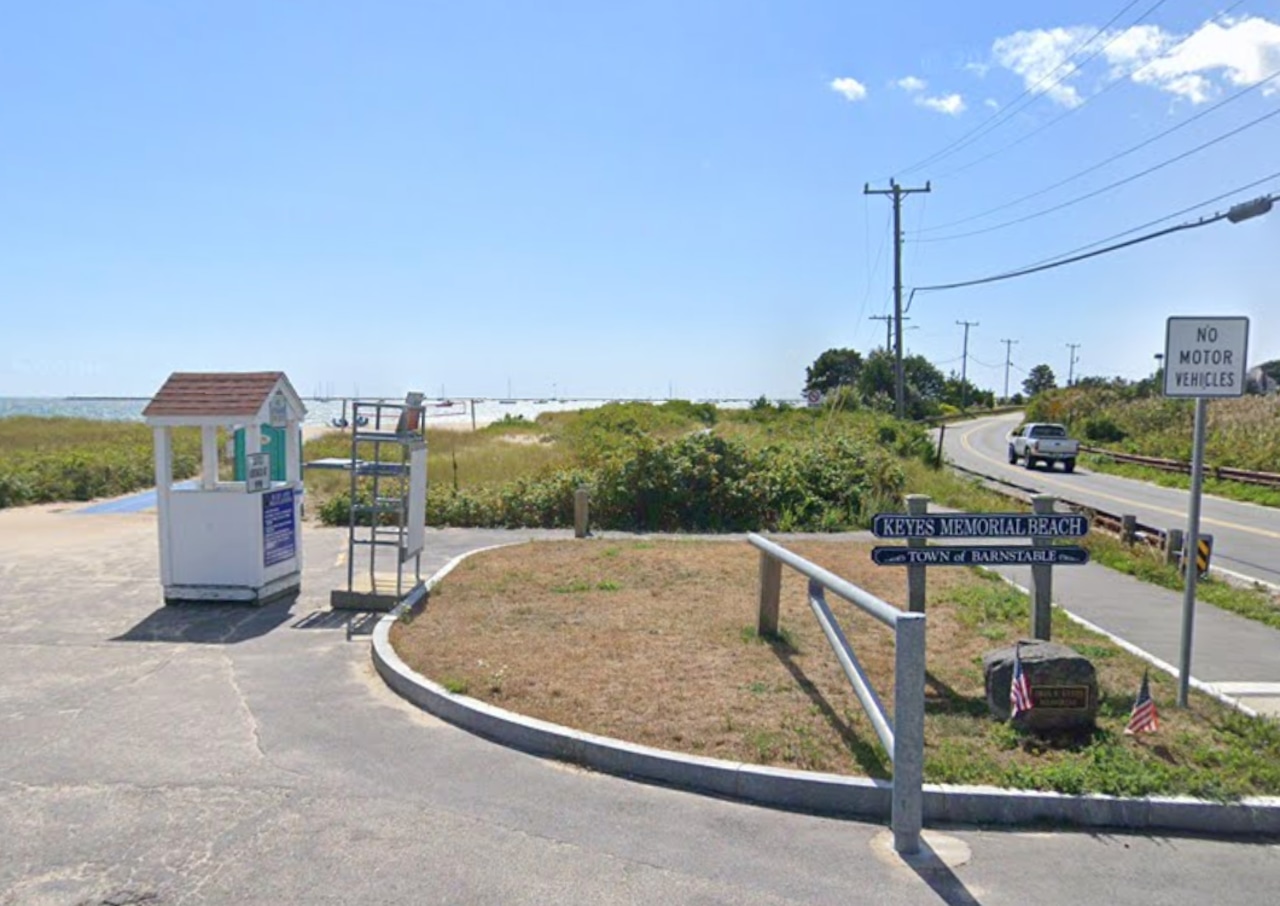Temperatures dropped from the triple digits of the previous week to the mid- to high-80s across the state on Saturday, forcing the closure of around 25 beaches from Pittsfield to Provincetown.
The state Department of Public Health said that excessive levels of germs forced the closure of most of the beaches.
Cape Cod is home to six of the closed beaches.
Concord’s Walden Pond State Reservation will be closed for the whole summer of 2025 while a brand-new, cutting-edge bathhouse worth $6.1 million is built. Walden Pond’s Red Cross Beach will continue to operate without lifeguards.
The list of closed beaches is as follows:
There are several sources of bacteria in beach water, including:
Depending on the popularity of the beach and the likelihood of water quality problems, the DPH analyzes the waters every day to make sure beaches are safe for swimming.
According to the DPH, beaches that are frequently utilized or have a history of water quality problems are tested more frequently, and vice versa.
Until laboratory research demonstrates that the quantities of bacteria are within the permissible range for safe swimming, beaches remain closed.
According to the department’s website, laboratory analysis for every beach sample takes around a day. Therefore, after an exceedance, it is typical for a beach to be closed for a day or two.
It can be dangerous to swim in beach water with high bacterial concentrations because it might cause illnesses like:
As a result, it’s critical to keep an eye out for any beach closures or signs that might suggest the water is harmful. This can be achieved by checking the weather, swimming in locations designated as swim beaches, avoiding swimming after heavy rain, keeping an eye out for symptoms of water pollution, such as discolored, swift-moving, and strongly scented water, and avoiding swimming near trash or litter floating in the water.
The public can still visit the site and engage in other activities that do not require coming into touch with the water, even though a beach could be marked. According to the DPH, this can involve everything from sunbathing to playing sports like volleyball or frisbee to gathering seaglass or seashells.
Additionally, the general people can contribute to lowering pollution and contamination at the beach by:
Additional information from the DPH is available here.











